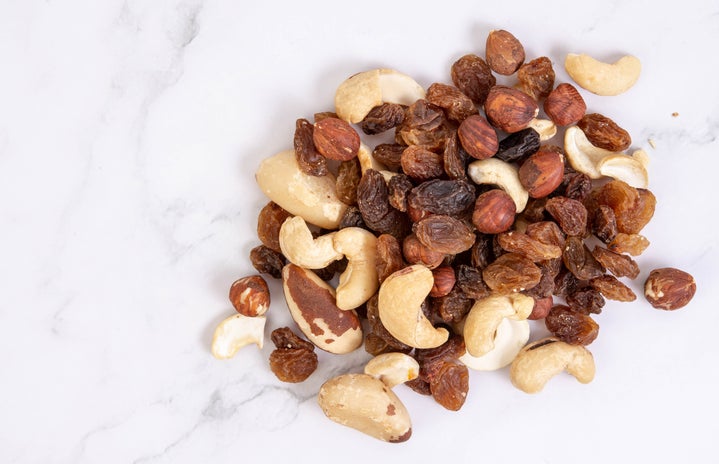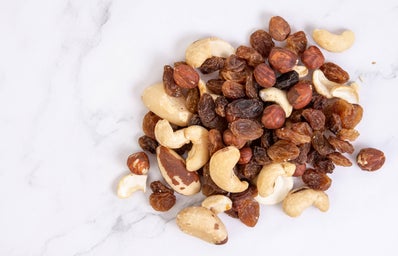The keto diet or ketogenic diet is a low-carb, low-protein, high–fat diet that aims to force the body into a state of ketosis.
Ketosis is a process that occurs in the body in the absence of glucose. Instead of breaking down carbohydrates as the main fuel source, fat stored up by the liver is burned in order to produce energy molecules called ketones.
The ketogenic diet originates from a medical practice developed to treat epilepsy in children. (The keto diet in this context should ONLY be facilitated under the supervision of a doctor!)
However, our self and selfie-obsessed society decided that this would be the perfect way to lose weight and look good because apparently, that’s the secret to happiness?
‘Keto-flu’ is the colloquial term given to the sickness some people get when they first start the keto diet. Symptoms include headache, bad breath, dry mouth, fatigue, and nausea. These tend to be short-term side effects, often resulting from dehydration.
But what does the keto diet actually look like in terms of the food to eat?
Keto favours foods that are high in fatty acids including, nuts, oils, meat, cheese, and fish and more low-carb vegetables such as leafy greens.
It also encourages almost completely cutting out, or at the very least severely restricting, carbohydrates including starchy fruits and vegetables such as potatoes. The keto diet also promotes lower than normal amounts of protein.
Is it actually safe?
The RDA (recommended daily allowance) for protein is 1g per 1 kg of weight so if you weigh 70kg, you should ideally have 70g of protein a day. The keto diet, however, encourages participants to eat less than this. This can cause serious side effects if not monitored by a health professional as protein is needed to make hair, muscles, nails, energy, hormones, and enzymes in the body.
Despite being constantly bombarded with the message ‘eat fewer carbs’, the type of carbohydrates you do eat is critical to your physical health. Any diet that promotes not eating fruits and veggies is one that is slightly backwards in terms of nutrition. Although – we could all do with eating more leafy greens, guilty as charged.
We make food much more complicated than it has to be. The truth is no one needs to be on any form of restrictive diet, unless it has been advised medically by a REGISTERED and QUALIFIED DOCTOR, not an influencer trying to make a quick buck off your vulnerability.
Food should be fun – not a punishment.
In conclusion, there is a place for the ketogenic diet in extreme medical cases, but the average person on the street does not need to waste their time weighing almonds – life is just too darn short!
P.S. Always, always, always seek advice from a doctor before changing your eating habits in any drastic way!


